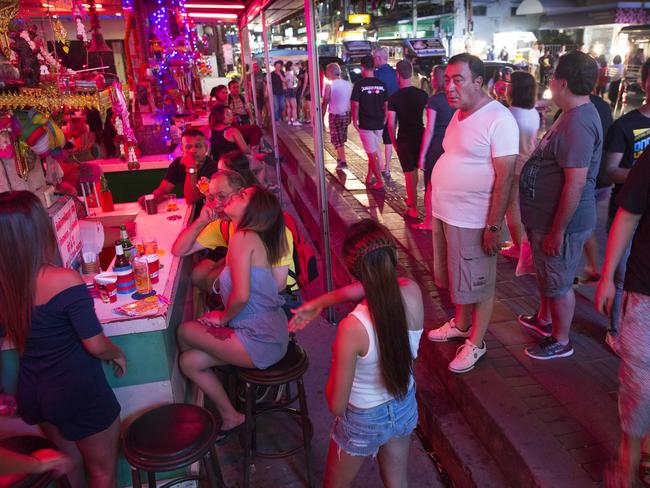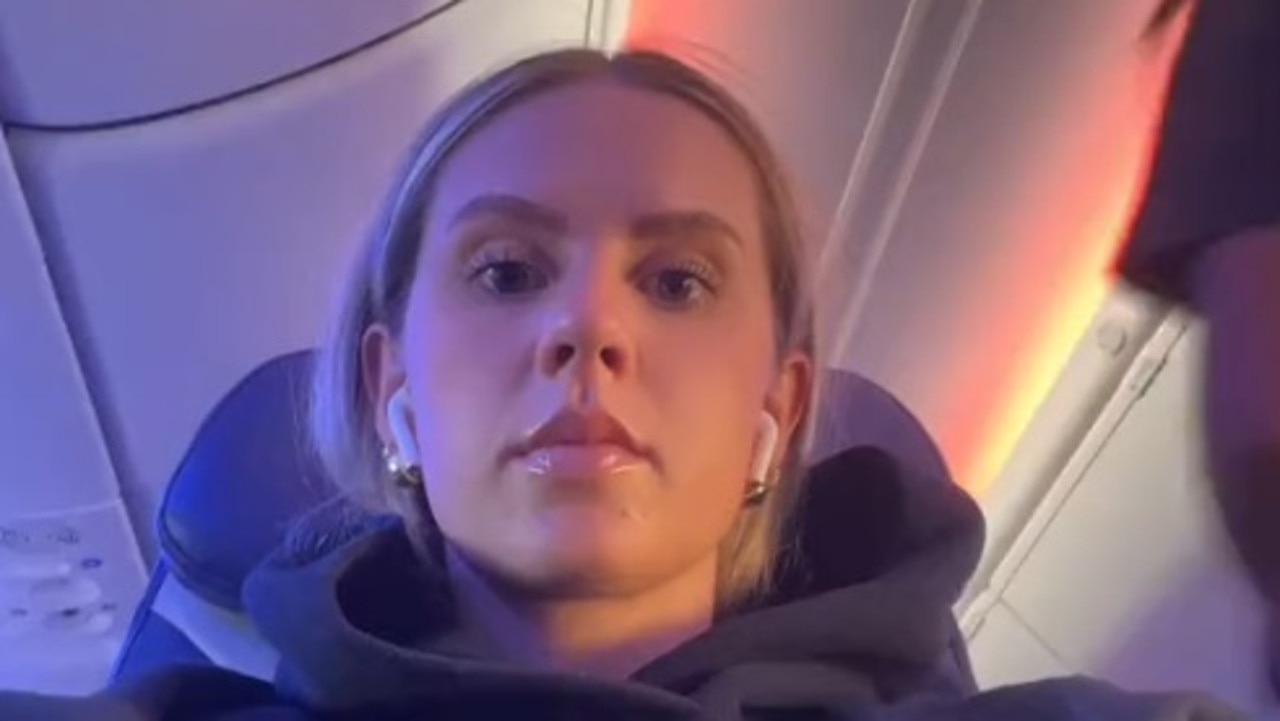What it’s like to travel the world by yourself as an Asian woman
ELAINE Yang, a Queensland doctor, loves travelling by herself. She’s one of more than 30 Asian women who spoke about what it’s like to go it alone.
ONE night, in the middle of her solo European holiday, Elaine Yang woke with a start in her Greek hostel bed.
Despite being fully awake, she couldn’t move a muscle.
When she re-woke the next morning, Elaine walked over to her locker to check on her belongings.
Her lock showed no signs of tampering but when she opened it, everything inside was gone.
It was that terrifying experience, one Elaine is still puzzled about, that inspired her PhD at Griffith University — a look at how Asian women travelling alone perceive and negotiate risk.
“I am still puzzled by what happened but what has bewildered me more is the fact that I have not stopped travelling alone,” she admitted.
Dr Yang interviewed 35 Asian females who had travelled the world by themselves.
She found that, among the usual risks and harassment women deal with when they travel, Asian women deal with another layer of risk.
Women who had travelled to places like Thailand, where the sex tourism industry is still big business, spoke about being mistaken for sex workers.
“Some were genuinely misidentified by tourists but others thought they were prostitutes.
Even Dr Yang herself has been mistaken for a sex worker — a mistake she said the men always approach tentatively.
“Sometimes we’d be talking then they’d start asking where I was staying for the night or they’d say things like ‘how much’ or bring up the price. It’s always subtle.
“I think a lot of men in places like Thailand see an Asian woman by herself and often think maybe they’ll try their luck and see if they can get lucky,” she said.

While doing fieldwork in Thailand, Dr Yang was checking into a hostel in Bangkok when she saw a sign at reception banning people with Thai passports.
When she questioned it, the hostel staff told her that local sex workers would often masquerade as tourists to stay there and then, once they were in the mixed dorm, they’d try and “get lucky” in there.
Dr Yang believes part of the reason why Asian females travelling by themselves often get mistaken for sex workers partially comes down to that region still being quite traditional.
“People see girls by themselves and they think they’re available, or naughty or slutty,” she said. “Some told me they were nervous and concerned and wouldn’t want to walk the street alone at night. Others said they’d purposely avoid the areas where they knew sex workers were. They don’t want to be misidentified.”
Dr Yang, who has a Malaysian and Chinese background said there were also times she’d travelled when she’d hear men saying things with language they think she wouldn’t understand.
“Sometimes when I’ve been travelling they’ve used their local language to call me terrible things thinking I won’t understand, but I do,” she said.

A handful of the girls also spoke about being perceived as “free chicks” or easy sexual targets, especially due to their youthful appearance.
“Often in western nations if you’re out at a club or somewhere you need to be of age, people will gaze at you with concern, like ‘what are you doing here’,” Dr Yang said.
Perhaps the most alarming section of Dr Yang’s research was the way the women responded when asked about the risks they were taking travelling by themselves.
Most of the women had “come to terms” with something traumatic happening to them while on their travels.
Thien, a 25-year-old Vietnamese woman Dr Yang interviewed, bleakly accepted anything that might happen.
“I accept that I might get abused on the way ... I might get raped ... I still [feel] scare ... You accept that everything might happen [sic]. So, you just go, you don’t worry,” Thien said.
“If I have to die, I will die ... You cannot escape from death,” another woman told her.
Dr Yang found that part of her research “really sad and shocking”.
She said that section of her research meant the global tourism industry had to step up.
“The industry isn’t doing enough,” Dr Yang said. “Places say they want more tourism but they aren’t putting in the work to ensure it’s safe for everyone. They need to understand that not everyone experiences a place the same way. They need to be asking, what more can we do?”
While some of Dr Yang’s findings and interviews were tragic and alarming, she said the most important part of her study was about these women becoming empowered.
Despite the stories, all of these women returned home with incredible stories and encouraged their friends and family to do the same.
Dr Yang said it was still “very common” for friends and family of the women embarking on solo adventures to genuinely ask them, “are you crazy?”
“There’s a few exceptions of course, but a lot of south East Asian countries and China are or were collectivist. People from there do everything in groups. So it’s weird to see women go and travel by themselves.
“These women who are doing it prove that they take the risk and come back in one piece so it encourages other people to do it.
“It will take time to adjust perceptions but all of this risk-taking has a positive ending,” she said.




